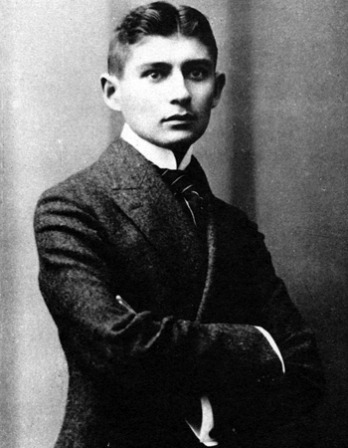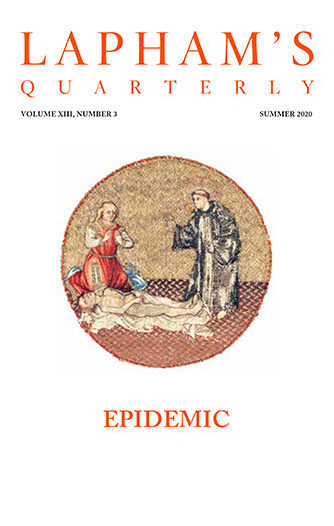Always appear in feminine attire when not actively engaged in practice or playing ball. This regulation continues through the playoffs for all, even though your team is not participating. At no time may a player appear in the stands in her uniform or wear slacks or shorts in public.
Boyish bobs are not permissible, and in general your hair should be well groomed at all times with longer hair preferable to short haircuts. Lipstick should always be on.
Smoking or drinking is not permissible in public places. Liquor drinking will not be permissible under any circumstances. Other intoxicating drinks in limited portions with after-game meal only will be allowed. Obscene language will not be allowed at any time.
All social engagements must be approved by chaperone. Legitimate requests for dates can be allowed by chaperones.
Jewelry must not be worn during game or practice, regardless of type.
Due to shortage of equipment, baseballs must not be given as souvenirs without permission from the management.
Baseball-uniform skirts shall not be shorter than six inches above the kneecap.
In order to sustain the complete spirit of rivalry between clubs, the members of different clubs must not fraternize at any time during the season. After the opening day of the season, fraternizing will be subject to heavy penalties. This means, in particular, room parties, auto trips to out-of-the-way eating places, etc. However, friendly discussions in lobbies with opposing players are permissible.
Fines of five dollars for first offense, ten dollars for second, and suspension for third, will automatically be imposed for breaking any of the above rules.
From the League Rules of Conduct for the All-American Girls Professional Baseball League. With many minor-league men’s teams losing major parts of their rosters to the World War II effort, chewing-gum tycoon and inheritor of the Chicago Cubs, Philip Wrigley, created a committee to keep the stadiums full. He believed that a women’s league could play when men’s teams were on the road, and so on May 30, 1943, the first league game was played.
Back to Issue


